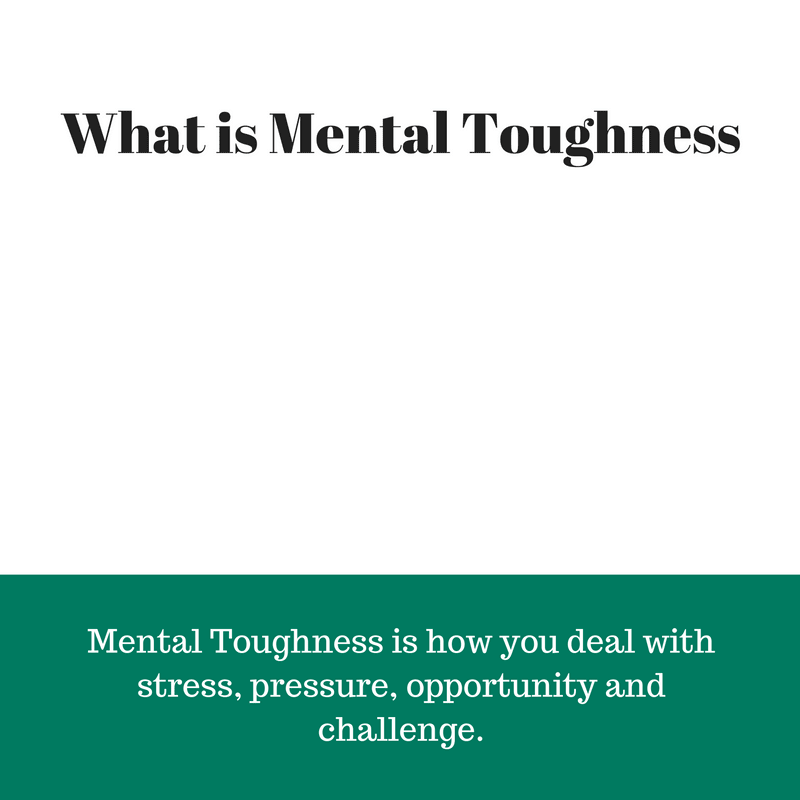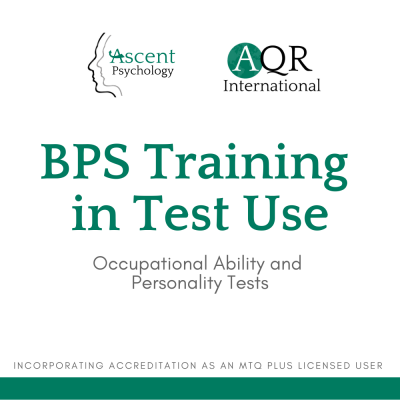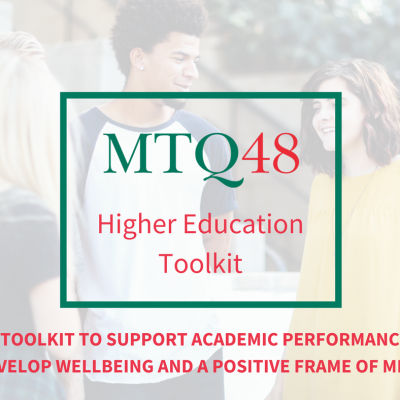Higher Education
Current studies have revealed significant relationships between mental toughness and education, including attendance, attainment, behaviour and peer relationships.
St Clair-Thompson, H., Bugler, M., Robinson, J., Clough, P. J., McGeown, S., & Perry, J. L. (2015). Mental toughness in education: Exploring relationships with attainment, attendance, behaviour and peer relationships. Educational Psychology: An International Journal of Experimental Educational Psychology.
Mindset and attitude impact on performance, wellbeing and behaviour and are relevant wherever these are important … everywhere! In a higher education setting this impacts on:
- Performance– explaining up to 25% of the variation in performance in individuals. MT people deliver more, work more purposefully, show greater commitment and are more competitive. This translates into better academic or social action achievement, personal development, and better attendance in school.
- Wellbeing– more contented. The mentally tough show better stress management, willingness to participate, better attendance, sleep better, are less prone to bullying and are less likely to develop mental health issues They can take stressors in their stride.
- Positive Behaviour– more engaged. The mentally tough are more positive, more “can do”, respond positively to change and adversity, show better attendance, contribute to a positive culture and a stronger focus on the opportunities in the world of employment.
- Openness to Learning– More aspirational. The mentally tough are more ambitious, prepared to manage more risk – seeing opportunity for learning everywhere and understanding the need for a transferable skillset in preparedness for the world of employment
- Transition–Those with higher levels of mental toughness deal better with new settings (switching from sixth form college to university), new programmes, courses, new teachers and colleagues.

-

BPS Training in Test Use
£1,980.00 -

ILM72 Licensed User Training – Online
£390.00 – £408.00 - Sale!

ILM72 Starter Kit
Original price was: £1,326.00.£1,194.00Current price is: £1,194.00. - Sale!

Mental Toughness Development – Online Programme
Original price was: £358.80.£238.80Current price is: £238.80. -

MTQ Licensed User Training – Online
£660.00 – £678.00

